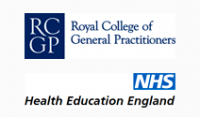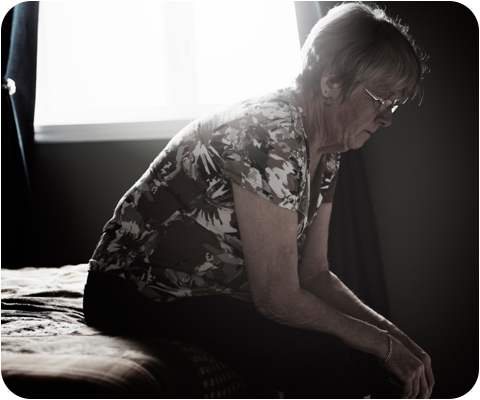Medically Unexplained Symptoms course



This session aims to explain what medically unexplained symptoms (MUS) are and how best to help patients who suffer from them. It describes how to assess patients holistically, how to effectively communicate with patients about their symptoms and how to help them feel empowered to self-manage their symptoms as much as possible. It also discusses the importance of the doctor having support available to them if needed due to the complexity of some of these consultations.
Learning Objectives
By the end of this session you will be able to:
- Recognise the difference between MUS, functional and dissociative neurological symptoms, functional somatic symptoms, functional somatic syndromes and somatisation disorder
- Identify the appropriate consultation skills needed to effectively support and manage patients with MUS in primary care
- Describe a holistic approach to assess the impact of MUS on the patient's life
This session uses self assessments that help you check what you have learnt.
Before commencing this session you should:
- Have some knowledge of mental health problems and a curiosity to look beneath the surface of a patient's presentation and consider the complex factors underlying it
Dr Magnus is the Clinical Support Fellow for Mental Health for the Royal College of General Practitioners. She completed her MRCGP in 2013 and now works as a salaried GP in North London. Dr Magnus studied medicine at Edinburgh University and intercalated in psychology: her dissertation was on how empathy in medical students relates to exam results. She is involved in undergraduate medical student teaching at Imperial University.


Liz England is a salaried GP working in a busy inner city practice in Birmingham, and a Mental Health Clinical Lead for SWB CCG. She qualified in 2004 and has worked in this practice from 2005. Her interests include all age mental health, learning disabilities and teaching medical students.
Until recently, she was involved in research as an academic GP at the University of Birmingham, where she completed her PhD on First Episode Psychosis. She has been published in several books and journals and has been the recipient of a number of NIHR awards. She is now focusing on clinical commissioning of mental health services with SWB CCG. She is also the current RCGP Mental Health and Whole Person Care lead and co-chairs the Joint Commissioning Panel for Mental Health.

- NiPHC Transition to Practice Program
- Posted By APNA - Australian Primary Healthcare Nursing Association - Transition to Practice Program
- Posted Date: 2024-11-28
- Location:Online
- Transition to Practice Program: helping nurses make the move into primary health care.
- Non-pharmacological Approaches to the Management o...
- Posted By eIntegrity Healthcare e-Learning
- Posted Date: 2024-11-28
- Location:Online
- This session presents a wide spectrum of non-pharmacological approaches to the management of chronic...
- Medications and Older Adults course
- Posted By eIntegrity Healthcare e-Learning
- Posted Date: 2024-11-28
- Location:Online
- This session describes the physiological changes that occur with ageing and the effects these change...
- Common Pain Conditions in Older People course
- Posted By eIntegrity Healthcare e-Learning
- Posted Date: 2024-11-28
- Location:Online
- This session describes some of the most common conditions that cause pain in older people, the manag...
- Assessment of Pain in Older Adults course
- Posted By eIntegrity Healthcare e-Learning
- Posted Date: 2024-11-28
- Location:Online
- This session describes the assessment of pain in older adults and the range of assessment tools avai...






